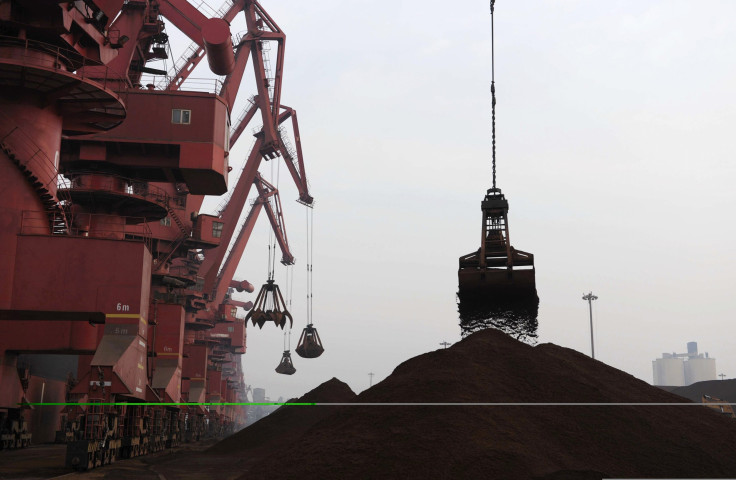Standard & Poor’s Says Long Term Credit Rating Of Western Australia On Negative Watch

From a long-standing AA+ credit rating, Western Australia has been placed on a negative watch by Standard & Poor's. S&P said the negative credit watch was slapped against the state because of "weakening budgetary position."
Western Australia, the agency said, could record average operating deficits of 1.2 percent over 2014 to 2018, unless Premier Colin Barnett and his government undertake significant corrective measures in the state’s June 2015-June 2016 budget. "This sustained level of deficits would make the state's budgetary performance no longer consistent with an AA+ rating and would further increase its debt burden," the agency warned in its report.
The budget deficits for the foreseeable future will remain unless the state government raises taxes and reduce spending, it added. Western Australia is forecast to incur more than $1 billion budget deficits this year and every year out to 2018.
Western Australia pushed itself to reduce its net debt by $2 billion over the following three financial years. It also said it will strive to incur $1.8 billion of savings through outlined to offset falling mining revenues. To achieve this, Barnett called for budget cuts and even asset sales.
But the continued drop in iron ore prices, S&P's believed the WA Government won’t be able deliver on its commitments. "In our opinion, there will be slippage in achieving these targets as there has been in the past," the ratings agency noted. It cited “limited political will” as reason for the potential slippage.
"In the absence of implementing significant policy changes, it appears that Western Australia will not achieve these targets and its budgetary performance will substantially weaken."
But Mike Nahan, WA's Treasurer, called S&P’s allusions to steep tax increases as solutions to control the budget deficits as inappropriate. "They [S&P] expect us to increase taxes by 25 percent, and/or cut expenditure by a substantial $2.8 billion on top of what we've already done. They [S&P] expect us to increase our own tax base during a struggling period by 25 per cent; we're not going to do that."
To report problems or to leave feedback about this article, email: e.misa@ibtimes.com.au.





















